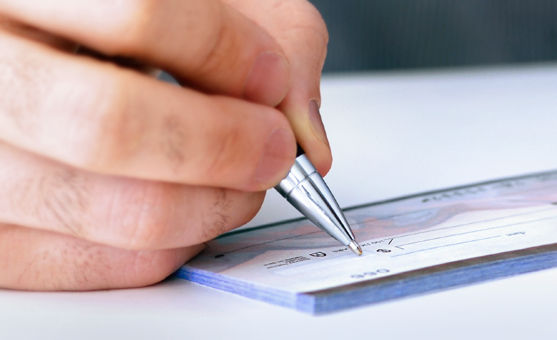A paper from the C. D. Howe Institute recommends that the Canadian Payments Association (CPA) settlement systems be reorganized to replace the paper cheques with digital payment methods. The think-tank argues that this would save Canadian businesses several billions of dollars per year.
 In his recently published Money in Motion report, C.D. Howe research fellow John Chant describes the CPA's current system as "long in the tooth". While other countries have already made the switch to digital payments, Chant points out that Canadians are still stuck with paper transactions and technology from the 1980s and 1990s.
In his recently published Money in Motion report, C.D. Howe research fellow John Chant describes the CPA's current system as "long in the tooth". While other countries have already made the switch to digital payments, Chant points out that Canadians are still stuck with paper transactions and technology from the 1980s and 1990s.
Chant says that business have to pay not only the cost of the cheques themselves, but also the cost of employees’ time spent authorizing and writing them, as well as the costs associated with distribution and mailing. In addition, he notes that recipients incur expenses collecting cheques, and that there is also effort spent reconciling them with business accounts.
The paper relies in part on research from Scotiabank, which estimates that it costs businesses between $9 and $25 to use a cheque. Using these numbers, Chant estimates that businesses could save between $1.6 billion (at a rate of $4.50 per cheque) and $4.4 billion (at a rate of $12.50 per cheque) annually if they were able to use alternatives that are less costly and wrote 350 million fewer cheques every year.
Once cheques have been done away with, the C. D. Howe paper suggests there is still plenty of work to be done to modernize the Canadian payments system. "There is also a need for enhanced information to accompany payments transactions so as to allow seamless end-to-end processing from payer to payee and for real-time processing to limit payment-system risk," concludes Chant.









